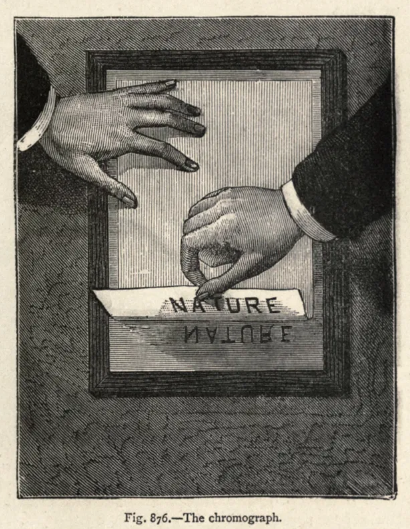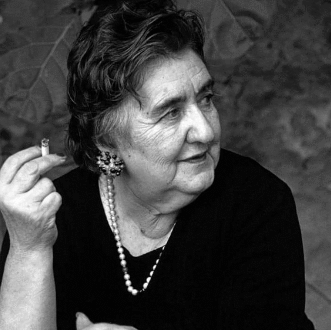Pedro Mohallem
São Paulo – SP
Segue abaixo uma seleta de poetas brasileiros traduzidos para o inglês. Os critérios de seleção não poderiam ser mais subjetivos: pincei alguns dos meus poemas favoritos, de meus poetas brasileiros favoritos a partir do Modernismo. O leitor logo notará uma predileção por textos metrificados e/ou rimados, como é boa parte da poesia anglófona que traduzo para o português. Há ainda outra afinidade entre parte desta seleção: o uso da paronomásia, e por vezes do trocadilho, como recurso poético. Onde não predominou o gosto pessoal, o desafio imposto por tais elementos definiu a escolha.
Minha proposta de tradução vai ao encontro da ideia de correspondência formal, sistematizada por Paulo Henriques Britto no livro A tradução literária (2012), bem como em muitos de seus artigos. Ou seja, o intuito inicial era preservar os aspectos formais que julgasse mais relevantes em cada caso, em particular as já mencionadas métrica e rima. Paralelamente a isso, busquei não me afastar muito do registro linguístico de cada autor e cada poema, reproduzindo no inglês a placidez de Bandeira, a sintaxe elíptica de Cabral, a sutileza musical de Cecília, a assertividade de Gullar, o despojamento de Leminski etc. Claro que me permiti certo grau de inventividade nos limites do que cada poeta/poema admitisse, de alterações vocabulares pontuais à substituição da musa inspiradora.
Com esta seleta, espero oferecer ao leitor anglófono — e também ao lusófono interessado — uma amostra representativa do que gosto de ler quando o assunto é poesia brasileira do século XX.
Below is a selection of Brazilian poets translated into English. The criteria for selection could hardly be more subjective: I picked out some of my favorite poems, by my favorite Brazilian poets from Modernism onward. The reader will soon notice a preference for metered and/or rhymed texts, similar to much of the Anglophone poetry I translate into Portuguese. There is yet another affinity among part of this selection: the use of paronomasia, and at times of wordplay, as a poetic device. Where personal taste did not predominate, the challenge posed by such elements determined the choice.
My translation approach follows the idea of formal correspondence, systematized by Paulo Henriques Britto in his book A tradução literária (2012), as well as in many of his articles. In other words, the initial goal was to preserve the formal aspects I deemed most relevant in each case, in particular the aforementioned meter and rhyme. At the same time, I tried not to stray too far from the linguistic register of each author and each poem, reproducing in English Bandeira’s placidity, Cabral’s elliptical syntax, Cecília’s musical subtlety, Gullar’s assertiveness, Leminski’s casual tone, and so on. Of course, I allowed myself a certain degree of inventiveness within the limits each poet/poem admitted, from occasional lexical shifts to the substitution of the inspiring muse.
With this selection, I hope to offer the Anglophone reader — and also the interested Lusophone reader — a representative sample of what I most enjoy reading when it comes to twentieth-century Brazilian poetry.
MANUEL BANDEIRA (1886–1968) SONETO INGLÊS Nº 2 § NEOLOGISMO CECILIA MEIRELES
(1901–1964) ENCOMENDA JOÃO CABRAL DE MELO NETO (1920–1999) CATAR FEIJÃO VINICIUS DE MORAES (1913–1980) O MOSQUITO § SONETO DE FIDELIDADE MÁRIO QUINTANA (1906–1994) POEMINHO DO CONTRA FERREIRA GULLAR (1930–2016) TRADUZIR-SE PAULO LEMINSKI (1944–1989) O QUE QUER DIZER |
Pedro Mohallem é poeta, professor e tradutor, Mestre em Estudos da Tradução pela Universidade de São Paulo. Autor de Véspera; Debris (Patuá, 2019), semifinalista do Prêmio Oceanos de Literatura. Com Leonardo Antunes e Bruno Palavro, traduziu a antologia poética Sol dos Insones, de Lord Byron, publicada pela editora Zouk. Traduziu ainda A Revolução dos Bichos, de George Orwell, e O Mercador de Veneza, de William Shakespeare, ambos pela editora Sétimo Selo.




